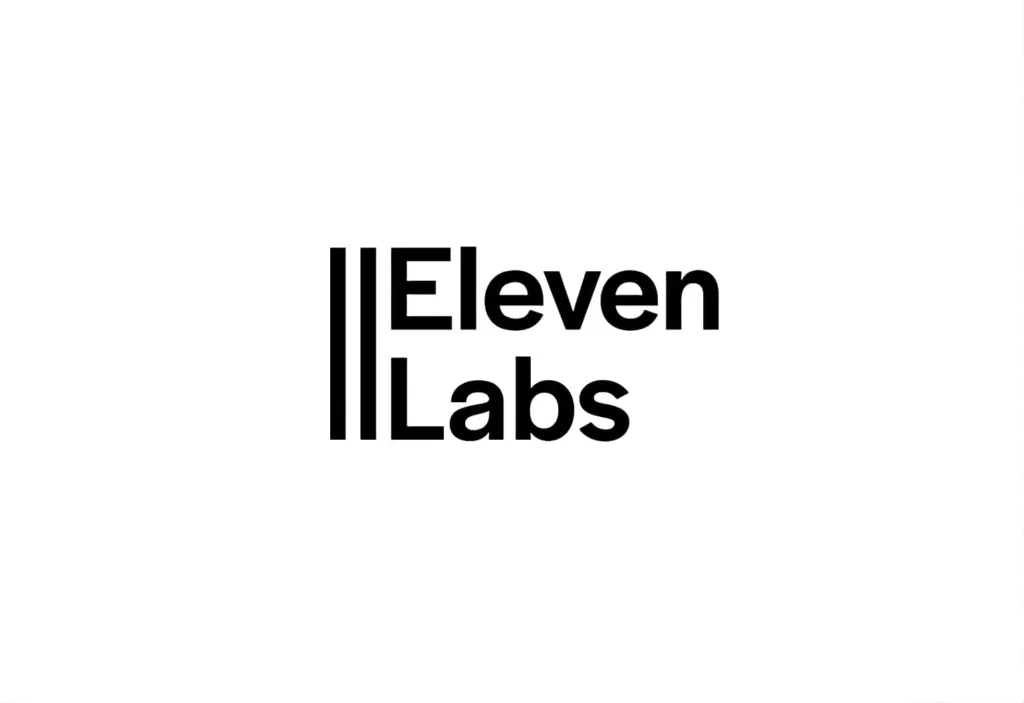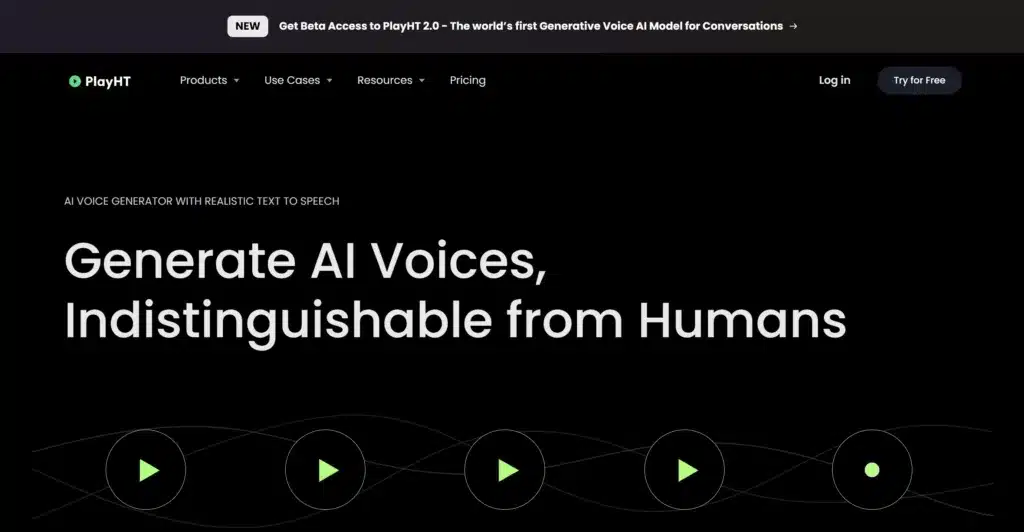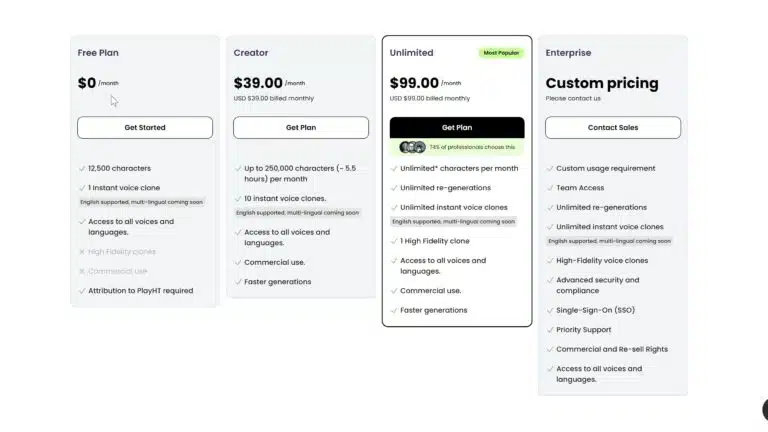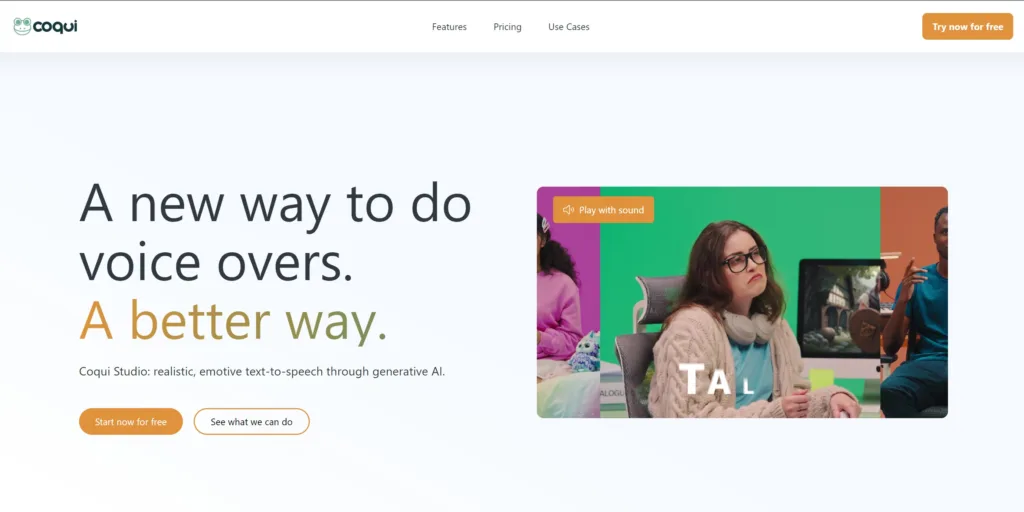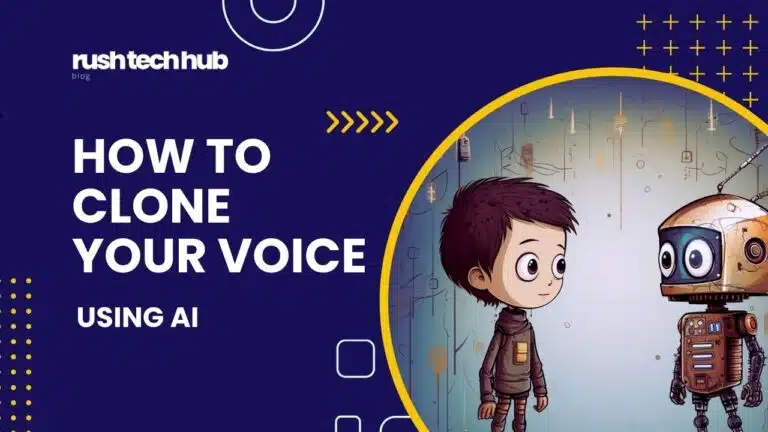Voice cloning starts by capturing audio samples of the target voice, usually for at least a few minutes. This data is fed into machine learning models to analyze the vocal qualities and patterns. The AI then generates a cloned version that can synthesize speech in that same voice.
However, it’s important to notice that using someone’s speech sample without their permission can violate intellectual property and publicity rights. It’s important to avoid unethical behavior like creating harmful deep fakes or misrepresenting speech.
When using technology, responsibility should be a top priority, along with inclusivity and transparency. Make sure to get clear consent before using this type of technology.





